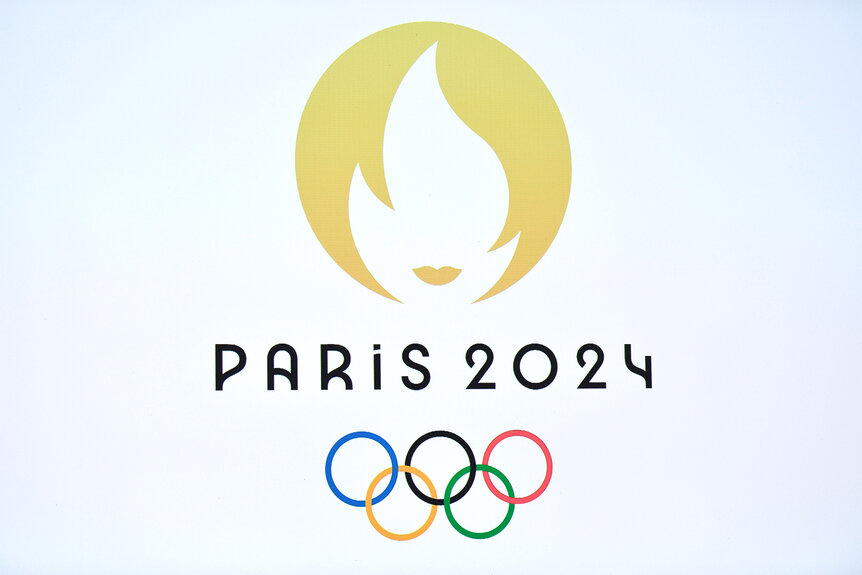Are the Olympics Still Relevant? Exploring Their Cultural, Economic, and Athletic Impact
The Olympics have long been a symbol of global unity, athletic excellence, and cultural celebration. Originating in ancient Greece over 2,700 years ago, they have evolved into a massive global event held every four years, showcasing the best athletes from around the world. However, in an age of rapid technological advancement, shifting entertainment preferences, and complex socio-political dynamics, the relevance of the Olympics is often questioned. In this blog post, we explore various dimensions to understand if the Olympics are still relevant today.
Cultural Significance and Global Unity
The Olympics serve as a powerful platform for promoting global unity and cultural exchange. Athletes from diverse backgrounds come together to compete, breaking down barriers and fostering a sense of global community. This cultural significance is arguably more important than ever in a world facing increasing polarization and division.
Unity and Peace: The Olympics promote peace and unity by bringing together countries that might otherwise be in conflict. The Olympic Truce, an ancient tradition revived in modern times, encourages nations to set aside differences and celebrate their shared humanity.
Cultural Showcase: Host countries get an opportunity to showcase their culture, traditions, and advancements on a global stage. This helps foster mutual respect and understanding among nations.
Athletic Excellence and Inspiration
The Olympics are a pinnacle of athletic achievement. They provide a stage for the world’s best athletes to push the boundaries of human performance and inspire millions.
Role Models: Olympic athletes serve as role models, inspiring young people to pursue sports and physical fitness. Their stories of perseverance, dedication, and triumph resonate globally.
Sport Development: The focus on diverse sports, including lesser-known disciplines, encourages their growth and popularity. This diversification supports the development of sports programs worldwide.
Economic and Infrastructure Impact
Hosting the Olympics can significantly impact a host city’s economy and infrastructure. While there are benefits, the costs and long-term economic impacts are often debated.
Economic Boost: The influx of tourists and global attention can boost the local economy. Cities often see improvements in infrastructure, transportation, and public facilities.
Economic Challenges: The costs of hosting can be exorbitant, and not all host cities see a positive return on investment. Post-Games, some facilities become “white elephants,” expensive to maintain and underutilized.
Technological and Media Evolution
The way people consume sports and entertainment has changed drastically with technology. This evolution poses both challenges and opportunities for the Olympics.
Broadcasting and Streaming: The Olympics adapt to changing media landscapes, utilizing advanced broadcasting and streaming technologies to reach a global audience. This adaptation ensures that the Games remain accessible and engaging.
Interactive Experiences: Innovations like virtual reality (VR) and augmented reality (AR) provide immersive experiences for fans, enhancing engagement and participation.
Social and Political Considerations
The Olympics are not free from socio-political controversies. Issues such as doping scandals, human rights concerns, and political protests often intersect with the Games, influencing public perception.
Doping and Fair Play: Ensuring fair play and combating doping are ongoing challenges. Scandals can tarnish the reputation of the Games, but stringent measures are continuously developed to address these issues.
Human Rights and Ethics: The selection of host countries sometimes sparks debates about human rights records. Balancing the Olympic ideals with ethical considerations remains a complex issue.
Sustainability and Legacy
Sustainability has become a critical concern for major global events, including the Olympics. Ensuring that the Games leave a positive, lasting legacy is essential for their continued relevance.
Sustainable Practices: Recent editions of the Olympics have focused on sustainability, implementing eco-friendly practices in construction, waste management, and energy use. These efforts aim to reduce the environmental impact of the Games.
Long-term Benefits: Effective legacy planning can ensure that the infrastructure and facilities benefit the host city and its residents long after the Games are over. Successful examples include Barcelona (1992) and London (2012), where Olympic investments spurred urban renewal and development.
Conclusion
The relevance of the Olympics in today’s world is multifaceted. While they face challenges related to cost, socio-political issues, and changing entertainment preferences, their cultural significance, promotion of athletic excellence, and potential for positive impact on host cities and global unity are undeniable. The Olympics continue to evolve, embracing new technologies and sustainability practices to stay pertinent. Ultimately, the Games’ ability to inspire, unite, and showcase the best of humanity ensures that they remain a vital and relevant global event.
For more insights on global events and their impact, subscribe to our blog and stay updated with the latest posts. Don’t forget to share your thoughts on the relevance of the Olympics in the comments below!





